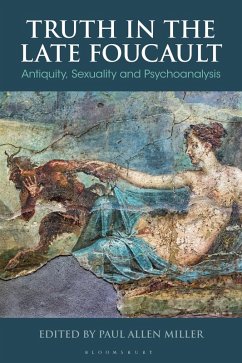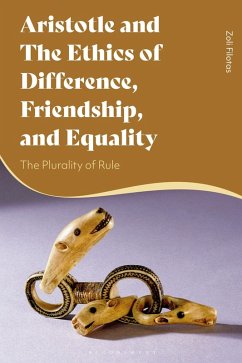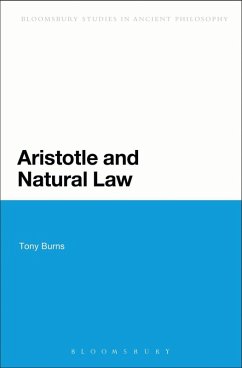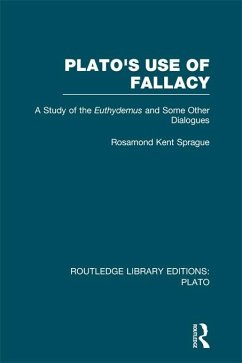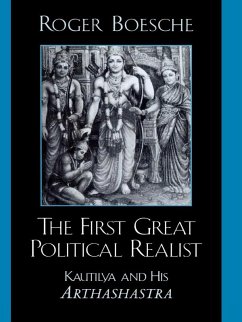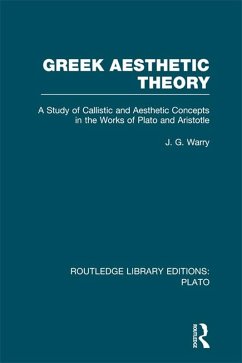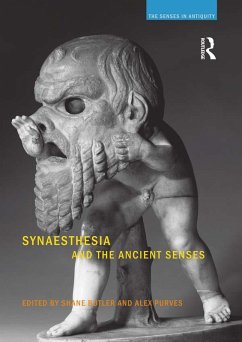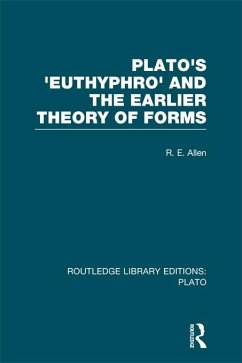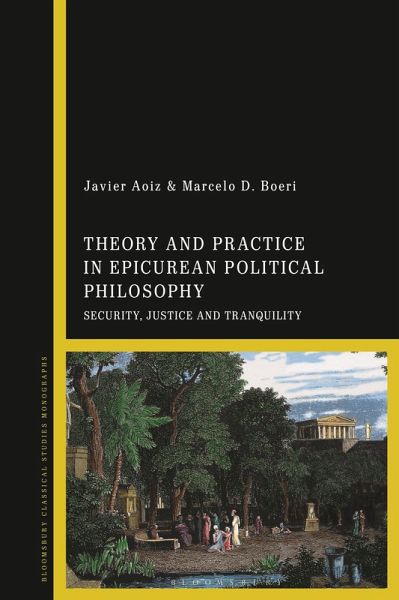
Theory and Practice in Epicurean Political Philosophy (eBook, ePUB)
Security, Justice and Tranquility
Versandkostenfrei!
Sofort per Download lieferbar
24,95 €
inkl. MwSt.
Weitere Ausgaben:

PAYBACK Punkte
12 °P sammeln!
The opponents of Epicureanism in antiquity, including Cicero, Plutarch and Lactantius, succeeded in establishing a famous cliché: the theoretical and practical disinterest of Epicurus and the Epicureans in political communities. However, this anti-Epicurean literature did not provide considerations of Epicurean political theory or the testimonies about Epicurean lifestyle. The purpose of this book is to shed light on the contribution of Epicurean thought to political life in the ancient world. Incorporating the most up-to-date material, including papyri which have been recovered from Herculan...
The opponents of Epicureanism in antiquity, including Cicero, Plutarch and Lactantius, succeeded in establishing a famous cliché: the theoretical and practical disinterest of Epicurus and the Epicureans in political communities. However, this anti-Epicurean literature did not provide considerations of Epicurean political theory or the testimonies about Epicurean lifestyle. The purpose of this book is to shed light on the contribution of Epicurean thought to political life in the ancient world. Incorporating the most up-to-date material, including papyri which have been recovered from Herculaneum, documents of Greek epigraphy and the prosopography of the Roman Epicureans, this volume will bring to the foreground new testimonies surrounding the public activities of the Epicureans. In this way, the reader will learn that Epicurean political theory is, in fact, a crucial ingredient of its philosophy. As a result, this connection creates an ongoing dialogue with the Greek philosophical tradition, revealing the presence of Plato in the Epicurean philosophy.




